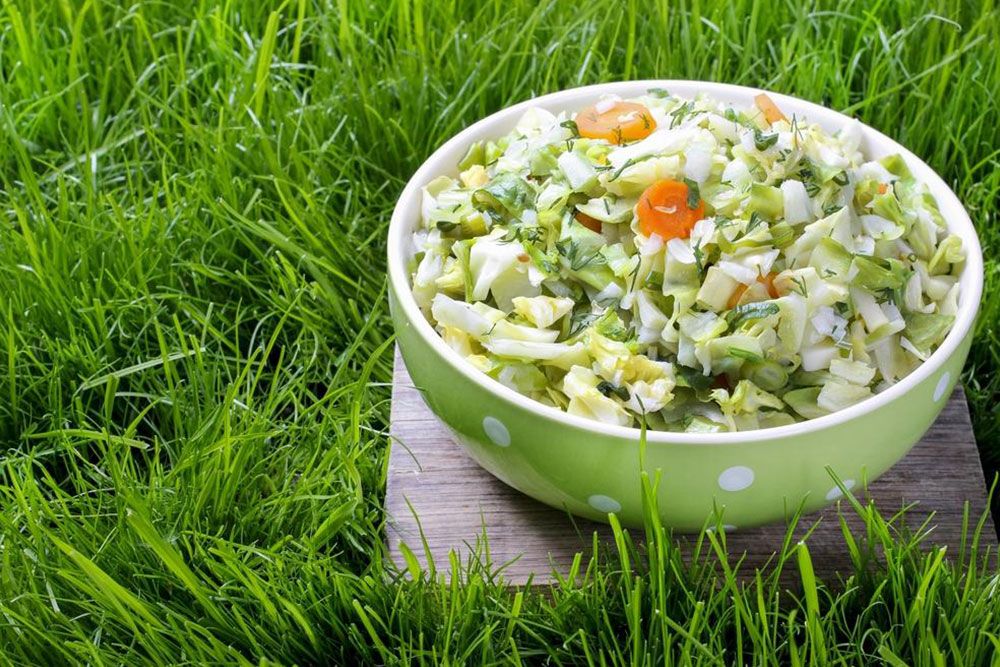Nutritional Guidelines for Managing Hypothyroidism
Discover effective dietary strategies to support thyroid health and manage hypothyroidism naturally. This guide highlights foods to include and avoid, emphasizing lifestyle changes that complement medical treatment. Proper nutrition can help regulate hormone levels, reduce inflammation, and improve overall well-being for those with hypothyroidism.

Healthy Eating Tips for Managing Hypothyroidism
The thyroid gland often remains misunderstood despite its vital role in health. Many people misinterpret blood test results indicating abnormal thyroid hormone levels. Hypothyroidism occurs when the thyroid underperforms, producing insufficient hormones, whereas hyperthyroidism involves excessive activity leading to rapid heartbeat and increased metabolism.
Anyone can develop hypothyroidism at any age, though it is more prevalent among older adults, especially women. Proper diet plays a crucial role in supporting thyroid function.
Research indicates that approximately 40% of the global population experiences hypothyroidism at some point. Women and the elderly are particularly vulnerable, and those with conditions like diabetes or rheumatoid arthritis are at higher risk. Early signs include fatigue, mood swings, sleep disturbances, hair loss, weight gain, and digestive issues.
Effective management involves medical treatment, lifestyle adaptations, and dietary adjustments. A targeted hypothyroidism diet supports hormone balance, reduces inflammation, and boosts iodine and selenium levels. Consulting a dietitian can help tailor meal plans to individual needs, focusing on foods that promote thyroid health while avoiding triggers.
Incorporate healthy fats like coconut oil to improve metabolism and reduce inflammation.
Eat omega-3-rich foods such as salmon and mackerel to support neurological health.
Consume probiotic foods like yogurt and fermented vegetables for gut health.
Add sprouted seeds, including chia and flax, to aid hormone regulation.
Opt for high-fiber foods like beans, berries, and vegetables to support digestion.
Enjoy nutrient-dense bone broth to help combat fatigue.
Drink plenty of purified water daily for hydration and metabolic support.
Include a variety of fruits and vegetables rich in antioxidants and vitamins.
While medications like Synthroid are common in treatment, a proper diet and regular exercise can significantly control symptoms and improve quality of life. Patients should avoid foods that cause inflammation or interfere with thyroid function, such as gluten, processed foods, refined sugars, and goitrogenic vegetables when consumed in excess. Stark dietary choices contribute to better management and overall well-being.
Important Note: The information shared here is for educational purposes and should not replace professional medical advice. Always consult with healthcare providers for diagnosis and treatment options tailored to your condition.








